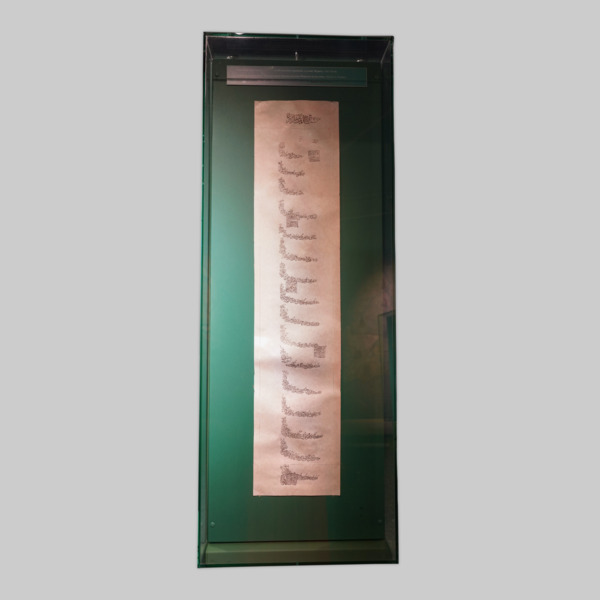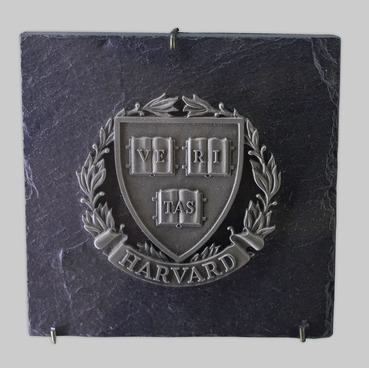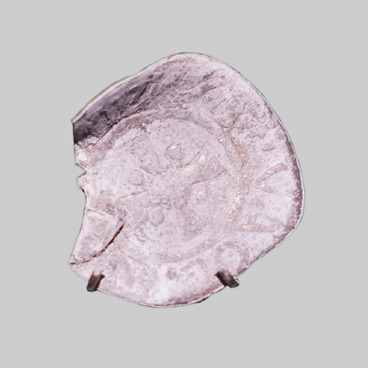Message from the khan of the Golden Horde Ulu-Muhammad to the Turkish Sultan Murad. 1428. Paper, ink. Copy. Topkapi Museum Archives in Istanbul.
The museum contains a copy of a letter from the Golden Horde khan Ulugh-Muhammad (1405–1445), which he wrote to the Turkish Sultan Murad II in March 1428. The original document is in the archives of the Topkapi Museum in Istanbul, Turkey.
Thanks to the letter, historians learned more about the events that were associated with the struggle for the Golden Horde throne in the 20s of the 15th century. The document was first published by the Turkish scientist Akdes Nimet Kurat in 1937.
Khan wrote a letter in the Chagatai language — a medieval Turkic written literary language. It was used in Central Asia in the 13th — early 20th century. The writing of the language combined elements of Arabic graphics and Uyghur writing. Researchers believe that modern Uzbek and Uyghur languages are descended from Chagatai, therefore it is sometimes called ‘Old Uzbek’.
The document contained 19 lines, which were written on six separate sheets of glossy silk paper and then glued together. A piece of dark cherry-coloured morocco was attached to the top of the document in order to fold the sheet into a tube and retract it completely into a protective case.
The letter began with the traditional greeting formulas: ‘By the grace of the Most High God, the sign of the Prophet Muhammad. From Muhammad ghazi to Murad. Peace and bow to you. Our former brothers-khans and your fathers, the sultans of the Eyalet of Rum, rum and older brothers have repeatedly sent each other ambassadors, exchanged gifts and greetings, bargained through the merchants-urtaks and were on good terms. Then our brother-khan Toktamysh-khan and your grandfather ghazi Bayezid-bek, in accordance with the good old custom, exchanged ambassadors, gifts, greetings and, being in friendship and harmony, were awarded the grace of God’.
After that, khan Ulugh-Muhammad reported that he had not sent an ambassador to the Turkish ruler, because he was afraid that he would not be allowed to pass. But when he learned that Sultan Murad himself had sent a messenger, he decided to write a letter: ‘We did not send a person to you, believing that if we send him, Ulak will not let him through. We knew that a man was sent from you by water to us. How did it happen that he did not arrive? We learned about your stay in good health and well-being from Haji Ibad Turk. Now… we two… one century… since gave the kingdom, we will establish with the help of the Almighty, according to the custom of our good ancestors, good relations with each other. If we exchange ambassadors, gifts and greetings, if our merchants-urtaks visit each other, won’t it be a blessing? ’
The museum contains a copy of a letter from the Golden Horde khan Ulugh-Muhammad (1405–1445), which he wrote to the Turkish Sultan Murad II in March 1428. The original document is in the archives of the Topkapi Museum in Istanbul, Turkey.
Thanks to the letter, historians learned more about the events that were associated with the struggle for the Golden Horde throne in the 20s of the 15th century. The document was first published by the Turkish scientist Akdes Nimet Kurat in 1937.
Khan wrote a letter in the Chagatai language — a medieval Turkic written literary language. It was used in Central Asia in the 13th — early 20th century. The writing of the language combined elements of Arabic graphics and Uyghur writing. Researchers believe that modern Uzbek and Uyghur languages are descended from Chagatai, therefore it is sometimes called ‘Old Uzbek’.
The document contained 19 lines, which were written on six separate sheets of glossy silk paper and then glued together. A piece of dark cherry-coloured morocco was attached to the top of the document in order to fold the sheet into a tube and retract it completely into a protective case.
The letter began with the traditional greeting formulas: ‘By the grace of the Most High God, the sign of the Prophet Muhammad. From Muhammad ghazi to Murad. Peace and bow to you. Our former brothers-khans and your fathers, the sultans of the Eyalet of Rum, rum and older brothers have repeatedly sent each other ambassadors, exchanged gifts and greetings, bargained through the merchants-urtaks and were on good terms. Then our brother-khan Toktamysh-khan and your grandfather ghazi Bayezid-bek, in accordance with the good old custom, exchanged ambassadors, gifts, greetings and, being in friendship and harmony, were awarded the grace of God’.
After that, khan Ulugh-Muhammad reported that he had not sent an ambassador to the Turkish ruler, because he was afraid that he would not be allowed to pass. But when he learned that Sultan Murad himself had sent a messenger, he decided to write a letter: ‘We did not send a person to you, believing that if we send him, Ulak will not let him through. We knew that a man was sent from you by water to us. How did it happen that he did not arrive? We learned about your stay in good health and well-being from Haji Ibad Turk. Now… we two… one century… since gave the kingdom, we will establish with the help of the Almighty, according to the custom of our good ancestors, good relations with each other. If we exchange ambassadors, gifts and greetings, if our merchants-urtaks visit each other, won’t it be a blessing? ’



